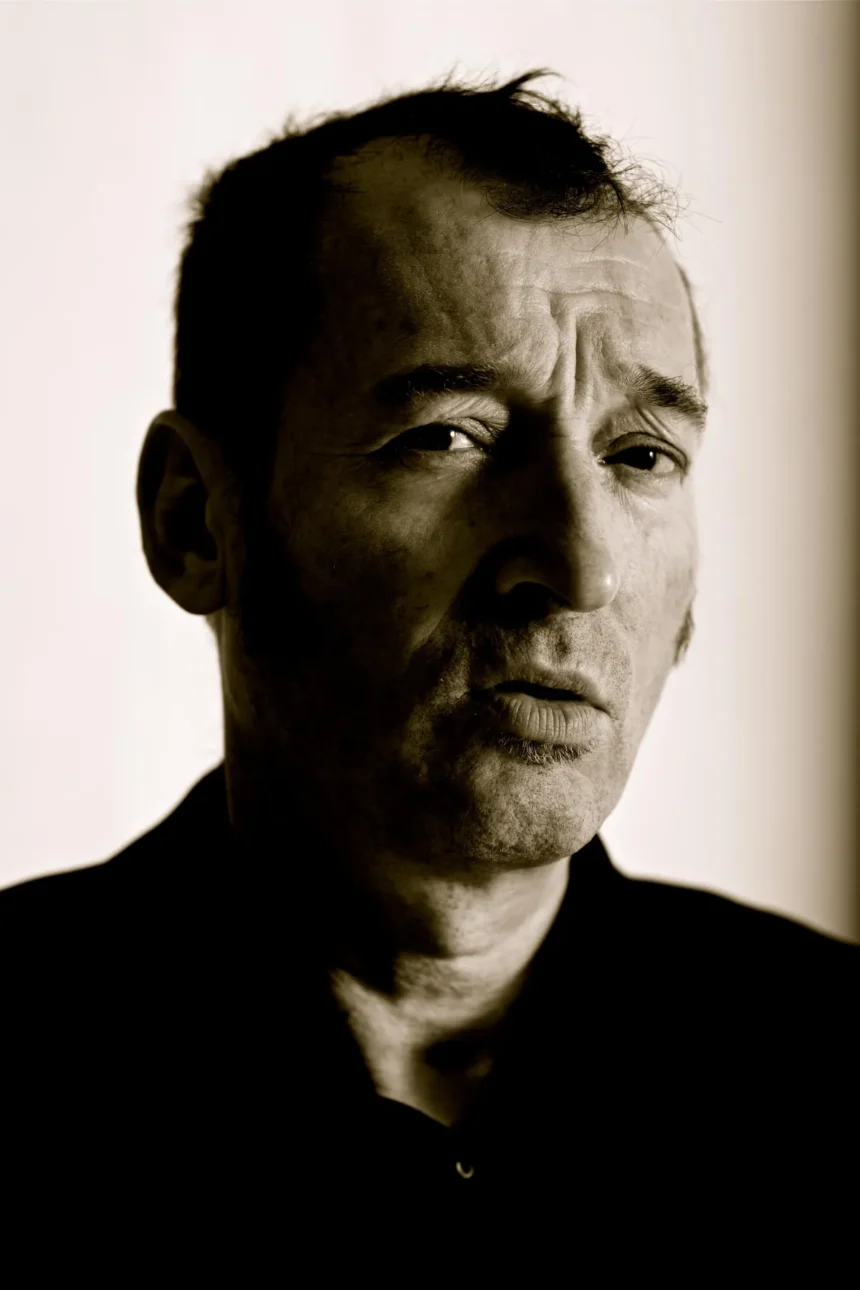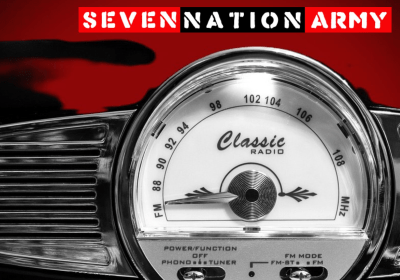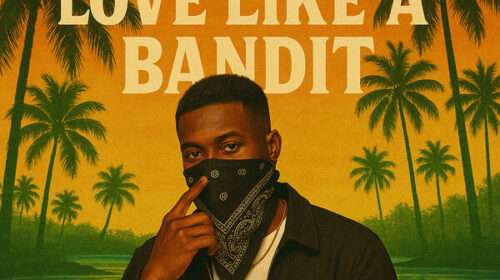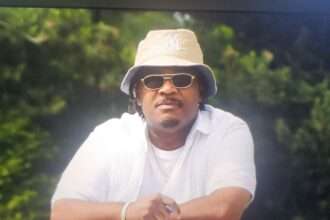Michael Wynne has spent over two decades immersed in the art and business of songwriting, from producing records at CR Studios in London to coaching emerging artists across continents. With a career that has spanned cities as diverse as Karachi and Nashville, Wynne has gathered more than just musical techniques; he’s captured the stories, struggles, and spirit of what it means to be a songwriter in the modern world. Now, after years of guiding others and refining his process, he has distilled his experience into The 14-Day Songwriter, a structured yet flexible system designed to help writers move from idea to finished song in just two weeks.
In this interview, we talk with Michael about the moment this method first took shape, how emotional honesty fuels creativity, and why authenticity still matters in a digital-first music industry. Whether you’re a first-time lyricist or a seasoned pro battling writer’s block, Wynne’s insights offer both inspiration and practical tools for the songwriting journey.
1. You’ve distilled decades of songwriting experience into a 14-day system—was there a breakthrough moment when this structure first clicked for you?
I have been an international songwriter for over 20 years and a songwriting coach for over 5 years.
When I worked as a producer at CR Studios in London about 20 years ago I realised there was a songwriting process going on starting with an idea and it included the recording studio process but continued several stages further.
So it started from there.
I realised I had a teaching book to write about this and started writing it two years ago
2. How does your approach address the emotional ups and downs that often come with the creative process—especially for artists under pressure?
It depends on the person. Most writers I know use the emotional ups and downs of the creative process as part of their song
Alice Cooper’s “I cant even thiink of a word that rhymes!” in verse 2 of Schools Out is an example of that.
And some people get inspired by pressure and working to tight deadlines.
I often do.
But also I actually get inspired by sun, beaches, walking, even conversations with a random person in Sainsburys !
3. You’ve worked across vastly different cultures and music scenes—from Karachi to Nashville. How does the book reflect the diversity of your influences?
I’ve been very fortunate and feel so grateful to have the travels I’ve had on my musical journey!
I actually get inspired by travel itself and can often be found writing on a plane or a tram!
And a song is a story whwrever we go, whatever culture I am in and whenever I travel I see the importance of story telling .
4. In a world of instant gratification and social media trends, how can songwriters balance authenticity with marketability—something your book seems to address?
I believe if someone iS writing with authenticity, with their own voice and artistic integrity, their will be marketable.
Music fans aren’t stupid and in our modern world of AI, I believe people can tell the difference and have a yearning for something real.
It takes real to know real!
5. How do you tackle fear and self-doubt in the book, especially for beginners who might feel intimidated by the idea of writing a “complete” song?
Often the hardest part for a new songwriter is getting started – take step 1.
And then take ot one step at a time. Or one day at a time as I tell it.
Dont allow yourself to get overwhelmed.
Remember the Long March started with the first step.
And remember even established songwriters can have writers block and can benefit from revisiting one of the other songwriting steps from a fresh angle.
6. Do you think formal music education is necessary for songwriting success, or can someone with zero training still benefit fully from your method?
No it’s not necessary with my method. Look at the Beatles and Oasis-no formal training there!
Asa music producer or MD, I find some formal training helps when I’m communicating what I want or what the artist i am producing wants in their song.
For instance I can say in the studio ‘the best key for this song is in C sharp major, modulating to D sharp major’
But not needed for this book, no.
Although there are some chapters with some musical theory in, if that’s a direction the reader likes to take.
7. What role does collaboration play in your 14-day process—and do you encourage readers to co-write or work solo through the journey?
Both. It deoends on the writer.
It’s rare to have a songwriter who is completely self contained-who writes their own melody and lyrics, can sing their song, record amd arrange the parts, mix and master their song and then do a fantastic job doing the artwork and marketing!
Yes they exist, but for most readers I encourage them to play to their strengths and collaborate with others wherever they see any weaknesses.
I love collaboration myself and often do that whenver I have the chance..
8. Technology has changed how songs are written and recorded. How do you integrate modern tools like DAWs and home studios into the method?
Modern tools and their various brands (eg Logic and Pro Tools) are mentioned in my book.
I have taken a modern digital approach to songwriting which is the norm in recording studios these days .
That’s not to diss old school techmology.
I worked in Abbey Road Studios for six months and wouldnt trade that experience for anything1
9. Can you share a success story—either from a student or colleague—who used a version of this process and saw a breakthrough?
Yes. I had a friend of mine Patrizia who was encouraging her teenage daughter, who was a very good singer, to write two years ago.
She was a bit stuck at first but we used the 14-day process to get her started and now she has written several songs she is very proud of that have been published.
Another example is some of my students who start off learning guitar with me and then they get into songwriting.
So I teach them a version of The 14 Day Songwriter, including how they can write with their guitar *as opposed to becoming a guitar virtuoso!)
I have been coaching a condensed version of this book for two years now, called The WRITEIT Course.
I have pre recorded videos of this course available on request.
10. You’ve had a long and accomplished career. How does teaching others through this book compare to the thrill of performing or producing?
As I’ve said , I do some occasional teaching-songwriting coaching and guitar tuition.
For me there’s nothing to replace the vibe of a good live show or a memorabe studio session.
But being of service is a real thing for me and teaching and writing an educational book like this is just that.
For music submission, click here



![[Music] Olamide – Olamidé Album (Download Album) 52 Olamide – Olamidé Album](https://spinexmusic.com/wp-content/uploads/2025/06/Olamide-–-Olamide-Album-2-500x280.png)










